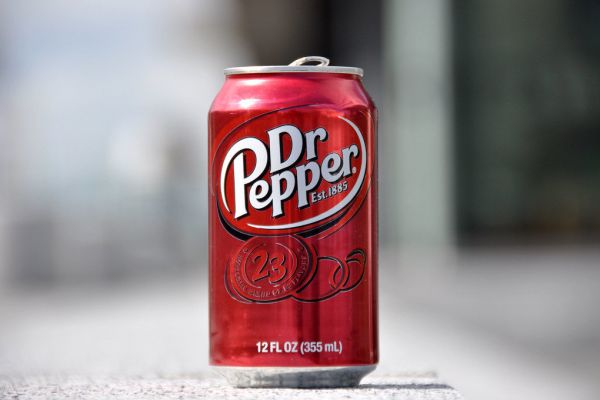Global consumer products maker Procter & Gamble dropped its pledge from a corporate policy to not buy wood pulp from degraded forests, a company executive disclosed to investors in a previously-unreported July 18 briefing.
The change drew the ire of several P&G investors. One of the world's major purchasers of pulp for consumer goods, the Cincinnati-based purveyor of Charmin toilet paper, Bounty paper towels and Puffs tissues, buys the wood product from suppliers in Latin America, Europe, Canada and the U.S., according to data on its website.
"In an era where companies are moving forward on climate risk," the change marks a "step backward," Leslie Samuelrich, the president of P&G investor Green Century Funds, told Reuters.
Green Century Funds
Green Century, with more than $1.1 billion (€990 million) in assets under management, counted P&G as among its largest holdings as of March 31, and led a shareholder proposal on the company's forestry practices in 2020.
P&G in May updated its Forest Commodities Policy, removing language in a previous environmental pledge, made in 2021, that said it would not permit forest degradation – that is, activities that significantly harm drinking water, animal habitats or other important elements of forests.
Its new forestry policy could put it at odds with a European Union deforestation law coming into effect in about 18 months banning certain goods linked to deforestation and forest degradation. P&G said it will comply with the upcoming requirements.
Forest Commodities
P&G "recently streamlined" its policies for forestry commodities like pulp after the United Nation's Food and Agriculture Organization "acknowledged that a widely applied definition of forest degradation is unavailable," said Jack McAneny, P&G vice president for global sustainability, during the virtual briefing July 18.
BNP Paribas Asset Management, one of the company's significant shareholders, asked why the no-degradation pledge was removed and what the implications are for P&G's sourcing practices during the briefing, according to a source who was at the meeting.
"In light of these evolving definitions, as we consolidated our policies, we simplified the language," McAneny said. "Our ongoing efforts to keep forests as forests while continuing to serve consumers with superior-performing products, all of those efforts remain unchanged."
But three environmental non-governmental organisations and three investors told Reuters that they believe there is broad agreement on what "forest degradation" is and what causes it, such as clear-cut logging in pristine forests. The Natural Resources Defense Council has said P&G's wood pulp supply chain seems to degrade forests.
Tonia Elrod, P&G's vice president for family care, which includes its towel and tissue products, said in a statement the company has a policy against deforestation and "rigorous compliance mechanisms in place.
"For every tree we use in our paper products, at least two are regrown," Elrod said.
Threat To Ecosystems
Environmental non-profits and some shareholders have increased scrutiny on P&G's sustainability policies since 2020 when a majority of its investors passed a non-binding resolution requesting that it assess how it could bolster efforts to eliminate deforestation and forest degradation in its supply chains.
In its new forestry policy, P&G, which also makes Tide detergent and Dawn dish soap, consolidates existing guidelines for paper packaging and palm oil, used throughout its portfolio of products.
Friends Of The Earth
Investors and environmental advocates, however, are pushing back. Gaurav Madan, a forests and land campaigner with Friends of the Earth, said the company's explanation for the change is "insufficient."
The environmental advocacy group is working on drafting an open letter to investors calling attention to the changed policy, Madan said. It plans to reach out to big shareholders including BlackRock, State Street, UBS and Legal & General, who have followed environmental concerns with the company's forestry policy and pulp supply chain in the past, he said.
Most environmental groups agree that forest degradation leads to a loss of value in an ecosystem, such as the elimination of habitats for a threatened species, said Shelley Vinyard, a campaign director at the Natural Resources Defense Council (NRDC).
NRDC Complaint
The NRDC late last year filed a complaint with the U.S. Securities and Exchange Commission (SEC) to evaluate if P&G's claims that it prohibits forest degradation were materially misleading investors. The NRDC said that P&G's claim that it prohibits environmental degradation is "implausible" based on evidence from the company's disclosures about buying pulp from certain forests and from areas overlapping with habitat for caribou.
The SEC had reached out to NRDC about its complaint, Vinyard said, and the environmental advocacy group gave a presentation to the regulator on the complaint this May, according to slides viewed by Reuters, where it explained the differences between deforestation and degradation.
Peter van der Werf, head of engagement at Robeco, which had a $375 million (€338.8 million) stake in P&G at March 31, said he expects the company to "mitigate the negative impact of their business operations on climate change and biodiversity loss."














